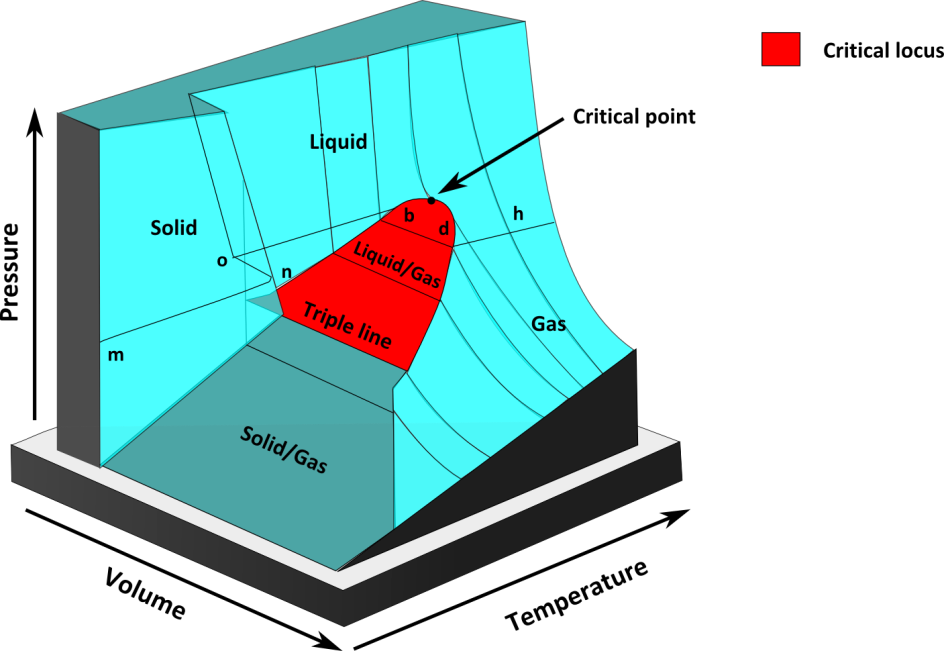
Several of the Decision Analysis stages and activities that rely on reservoir simulation are traditionally based on a simpler reservoir formulation, the Black-oil model, of three components and three phases. A Black-oil model usually meets adequately the needs of forecasting and modelling of more common reservoirs, such as dry gas reservoirs, non-volatile oil reservoirs under primary depletion, reservoirs under water injection or immiscible gas injection, among others.
When the reservoir fluid involved is a retrograde condensate (with phase behavior next to the mixture critical point), when the oil reservoir is subject to miscible gas enhanced oil recovery (EOR) or reactive EOR, the process physics makes black-oil models considerably less reliable. Therefore it becomes important to assess the impact on the reservoir simulation of more advanced phase-equilibria models based on equations of state, detailed experimental data, mass transport phenomena, chemical kinetics and rigorous thermodynamics.
Since it requires some chemical and thermodynamical knowledge, compositional simulations has a greater interface with its counterpart, the black-oil simulation. However, this process has a great computational cost, since the number of equations to be solved by block increases geometrically with the number of components employed. The number of components typically varies from 5 to 12 or more, some of which are lumped pseudo components that represent petroleum’s fractions.
The advance on the experimental, reservoir characterizations, modelling and computer (hardware and software) areas gave rise to great evolutions on the speed and reliability of the compositional simulation process of reservoir models, allowing its recent widespread
Everything that is possible to be done for traditional reservoirs on decision analysis steps with black-oil simulator can and should be done with compositional simulators on other reservoirs, when the process physics requires that and with enough computational power and numerical efficiency.
One important aspect to be emphasized is that UNISIM group research has the main objective of developing methodologies for practical cases applications. Generally, the main aspects that orient compositional researches on the group are (1) the physical and chemical understanding of water alternating gas (WAG) enhanced oil recovery (EOR) from the reservoir engineering point of view (2) integrating experimental phenomenological data in compositional (mechanistic) simulator models (3) the study of real cases or close to real cases for compositional subcases and (4) modelling and validating phase equilibria on software for several applications.
One important concept involved in compositional research is integrations, since it is about a very multidisciplinary activity. This way, it has been sought through research ways to promote a more effective integration with reservoir characterizations, the fluid uncertainties analysis and cooperation with the research focused on coupled reservoir and production systems.






